For an explanation on how to use these stats and a traditional hot desert stats, check out the original Survival Games post.
Cold Desert
A cold desert is a dry region with very little water but unlike a hot desert, heat is not the problem, chilling cold temperatures are.
Surmount Method: Carrying water and food to get across. Foraging while in the desert. Fast travel. Warm Clothing.
Surmounting Attribute: Constitution or Psyche (Whichever is higher)
SP 1 per 5 Kilometers
Hazards
Dehydration
For every survival round the characters face a dehydration hazard that can only be defended against by drinking 1/2 liters of water. If the character does not drink the required amount they get a -2 CDF to Con (or 5-6% of their endurance attribute). CDF penalties accumulate until the characters can eat, drink and recover for a period of time. If the CDF penalties exceed their Con the character takes one point of damage per round.
Exertion
For every survival round the characters face an exertion hazard. While walking on foot the character has to exert themselves this leads to further dehydration they get a -2 CDF to Con (or 5-6% of their endurance attribute) unless they drink another 1/2 liter of water or making a successful Con roll. CDF penalties accumulate until the characters can eat, drink and recover for a period of time. If the CDF penalties exceed their Con the character takes one point of damage per round.
Random Hazard
For every survival round the GM should roll once on the following table.
Roll 1D100
| 1-70 |
Blowing wind |
| 71-75 |
Frigid night |
| 76-85 |
Monotony |
| 86-90 |
Ravine |
| 91-95 |
Lost |
| 96-98 |
Sand/dust storm |
| 99 |
Dunes |
| 100 |
Snow Storm |
Blowing wind
The temperatures are normally cold but with the wind chill there is a real hazard. Without protection from the wind the characters take a -1D6 CDF to Con. The GM should determine if the character’s clothing is sufficient to protect them from the cold. Even if the characters are properly protected by clothing they get a -1 CDF to Con unless they seek shelter or the warmth of a fire.
Frigid night
The night is very cold. Without warm cloths or a fire the characters get a -10 to their Con.
Monotony
The boredom is getting to the characters, they must make a successful Psyche roll or they cannot travel.
Ravine
A deep gorge blocks travel. Going around will take a trip of 30 Km. (Climbing down and back up the ravine would require a Ravine Hazard be made).
Lost
The characters have lost their direction for some time and didn’t notice it. Roll 2D6 and add that to the remaining SP.
Sand/dust Storm
A fierce storm blocks travel for a day and gives the following CDFs -10 Con, -5 Str, -2 Ref unless the characters are able to find or erect a shelter.
Dunes
Tall sandy dunes make travel more difficult, especially for wheeled vehicles. SP rate is halved (round down) for this hazard, making a roll on a 1/2 fraction column necessary to pass it. Wheeled vehicles can only travel at half speed.
Snow Storm
Temperatures plummet and a snow storm develops giving the following CDFs -10 Con, -5 Str, -2 Ref unless the characters are able to find or erect a shelter. By melting the snow, the characters can drink as much water as they need and can refill their water supply.
Defenses and Weaknesses
None?
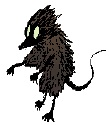 To finish off the Basics series, the Have Fun! card.
To finish off the Basics series, the Have Fun! card.
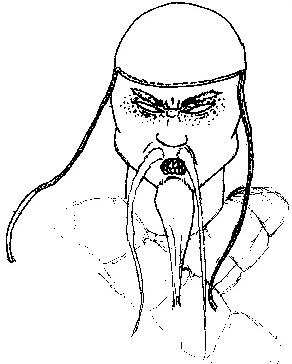
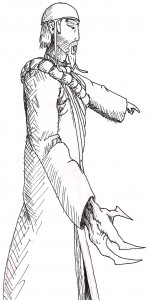

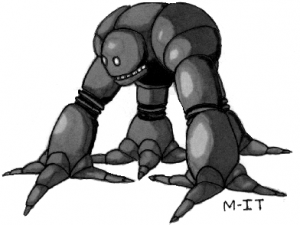
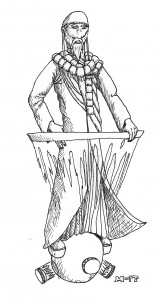
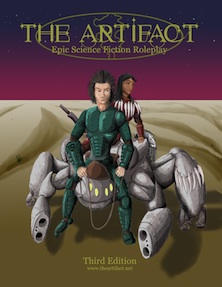
 The Free RPG Blog
The Free RPG Blog